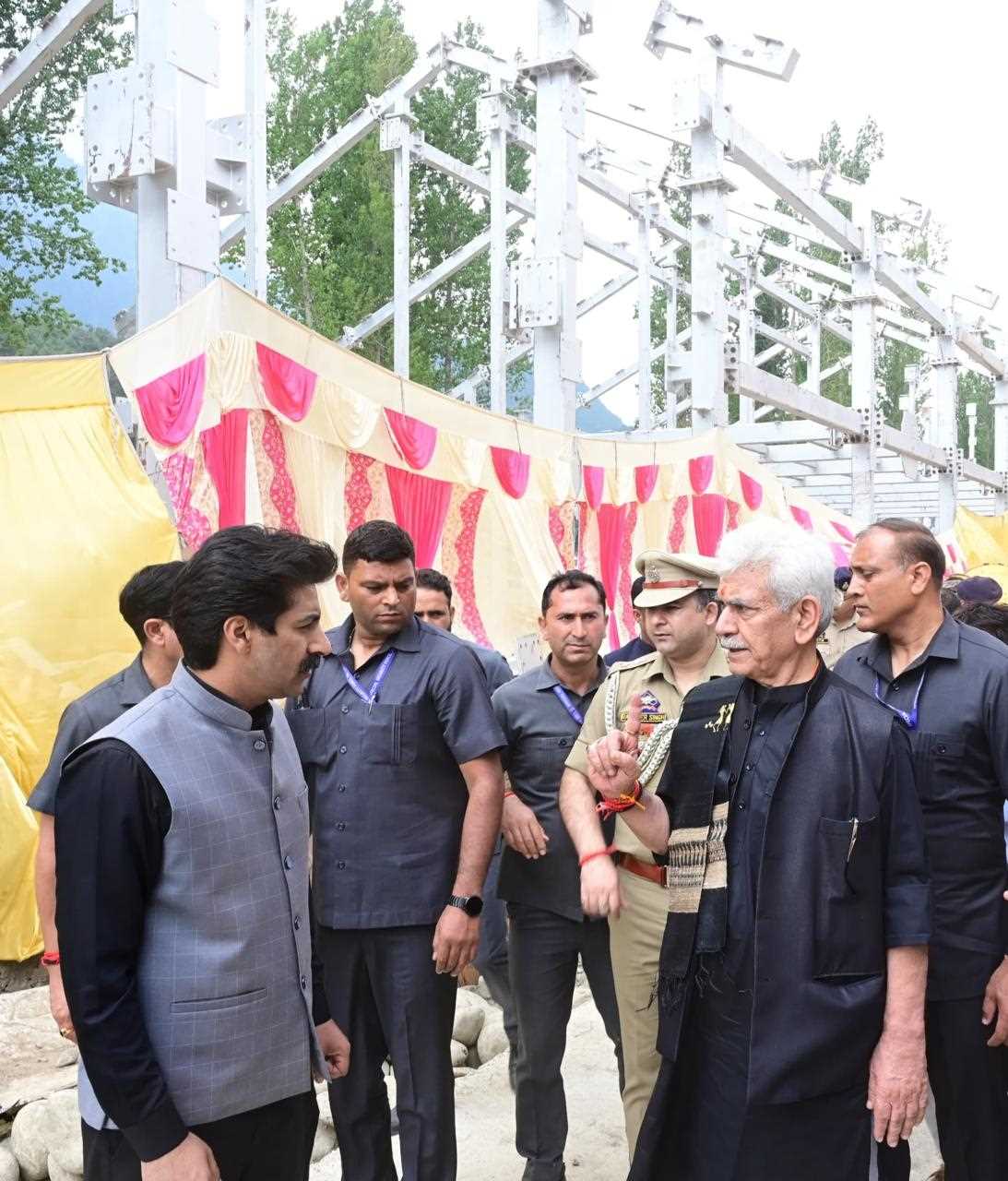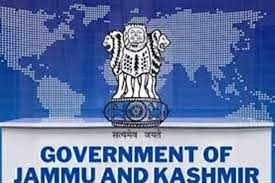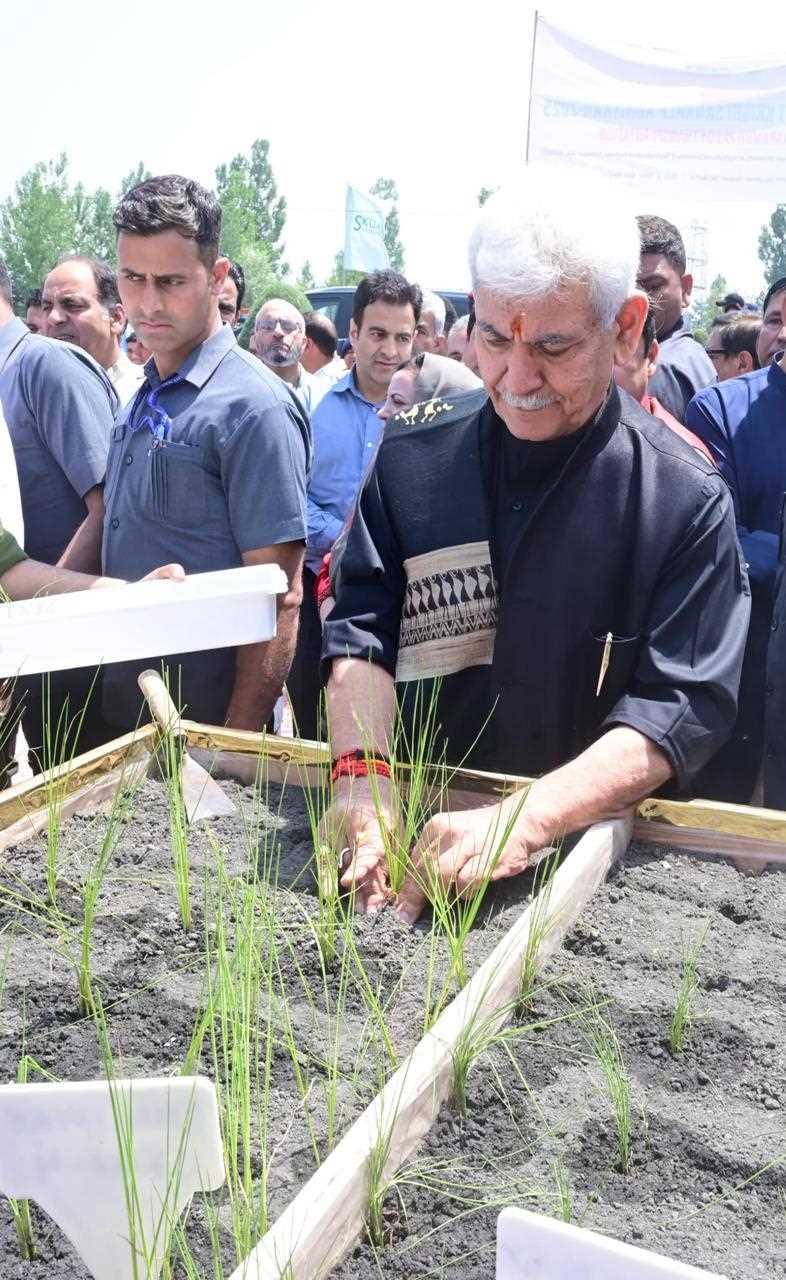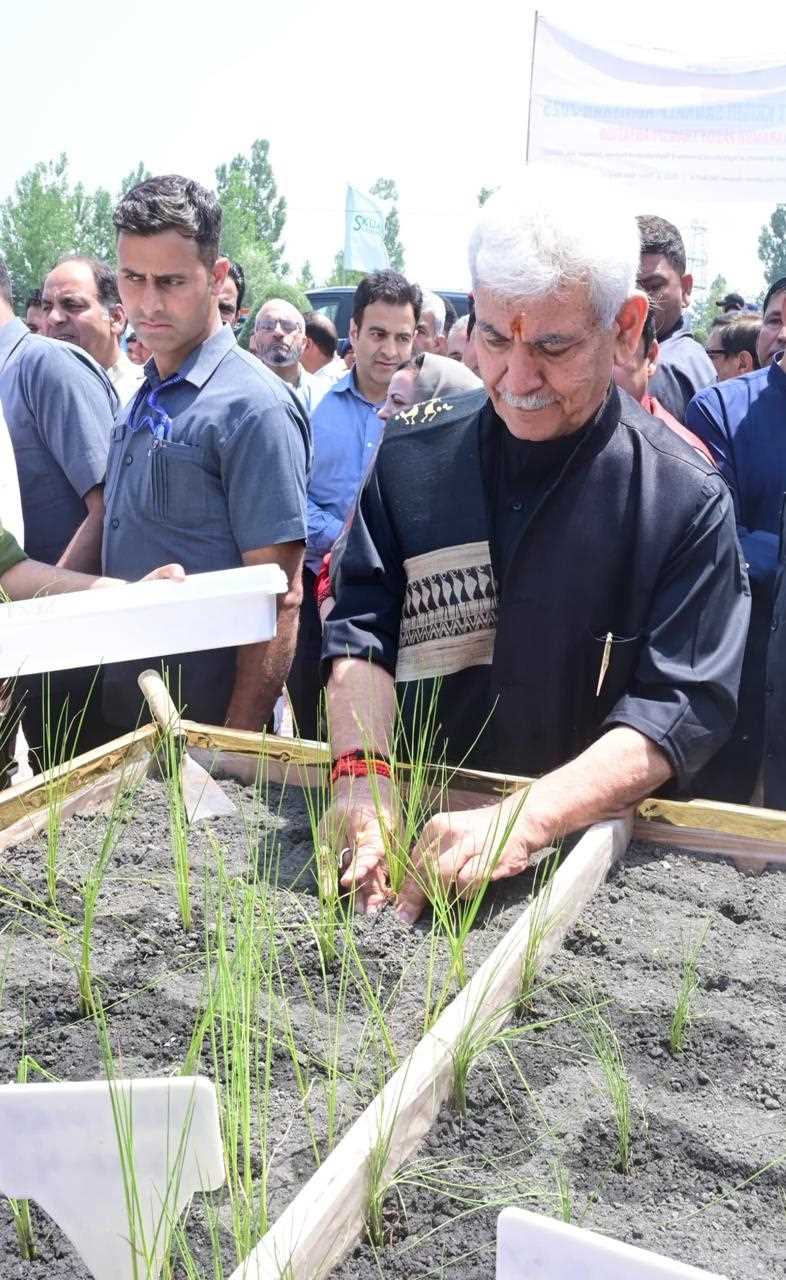In our modern society, the selection of an individual—male or female—for a government post is widely regarded as a mark of high achievement and success. Such appointments, often to prestigious positions, are celebrated with pride by families and communities alike. However, what follows after this achievement sometimes becomes a matter of deep concern and emotional disturbance. I write this article not only as a witness to such behavioral transitions but as someone personally affected and puzzled by them.
Let us be honest with ourselves: selection in any prestigious job is, of course, a mix of hard work, merit, and most importantly, luck. And luck—known only by Allah—is the deciding factor in whether or not someone ultimately reaches the destination they desire. One can be the most qualified, the most hardworking, the most passionate—but if Allah has not destined a position for them, it will remain beyond reach. And those who attain it should never forget this divine role.
But here lies the issue: once appointed, a significant number of individuals forget the very roots of their success. They quickly replace humility with pride, empathy with arrogance, and service with superiority. The job, once seen as a duty to serve society, turns into a stage for personal glorification. The behavior and attitude of such people change drastically. They develop a tone that suggests, "We are above others," and unfortunately, their conduct reflects that belief.
What is most unfortunate is how this change affects others—especially those who might be equally or even more talented but are working in the same departments on contractual or temporary basis, having narrowly missed permanent positions. I have personally observed, especially within the Higher Education Department, how some Assistant Professors behave as though they are not only academicians but administrators, principals, and policymakers rolled into one. Their conversations drip with condescension; their gestures are distant, and their approach toward others becomes dismissive.
What hurts the most is that these officers and educators forget the purpose of their job—to guide, to uplift, and to serve. Instead, they belittle those who approach them for help, mock their colleagues, and act as if the institutions revolve around their presence alone. I have seen it with my own eyes—an Assistant Professor behaving as though he were the Director General of the Department. His arrogance was not just evident—it was unbearable. And this is just one of many such examples.
Let me be clear: this is not a criticism born out of jealousy or personal dissatisfaction. Rather, this is a call for introspection. I write this with the sincere hope that those who are fortunate enough to serve in government roles, especially in education, reflect on their attitude. Being selected is not a certificate of superiority—it is a test of humility. Allah has chosen you for a purpose, and He can take it away just as easily.
We must also acknowledge the emotional and psychological toll such behavior takes on others—on aspiring youth, on struggling professionals, and on honest colleagues. When arrogance replaces cooperation, departments lose their unity, and the society loses its trust in public servants.
To those who have achieved success: remember the days of struggle, the prayers of your parents, the sleepless nights, and the fear of failure. And remember too, those who still wait and hope. If you hold a pen of authority, let it write kindness, not ego. If you sit on a chair of power, let it support justice, not pride.
In conclusion, I humbly urge all government officials and selected employees—be it in education, administration, health, or any other field—to stay grounded. Treat your position as a blessing, not a throne. Let your success shine, not blind others. Always remind yourself: this is Allah’s will, not your entitlement.
A true public servant is one whose promotion brings comfort to the people—not discomfort.
Email:------------------aasifdar46@gmail.com











